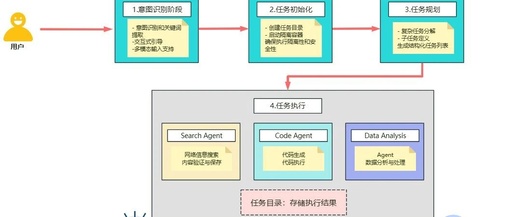FreeRTOS Learning Notes (Part 9) — Task State Information and Runtime Statistics
🎀 Article Author: Ertu Electronics 🌸 Follow the public account at the end of the article to obtain other materials and project files!🐸 Looking forward to learning and communicating together! @TOC 1. Related API Functions First, let’s understand some API functions for querying task state information and runtime statistics. There are many functions available. Task-related … Read more









